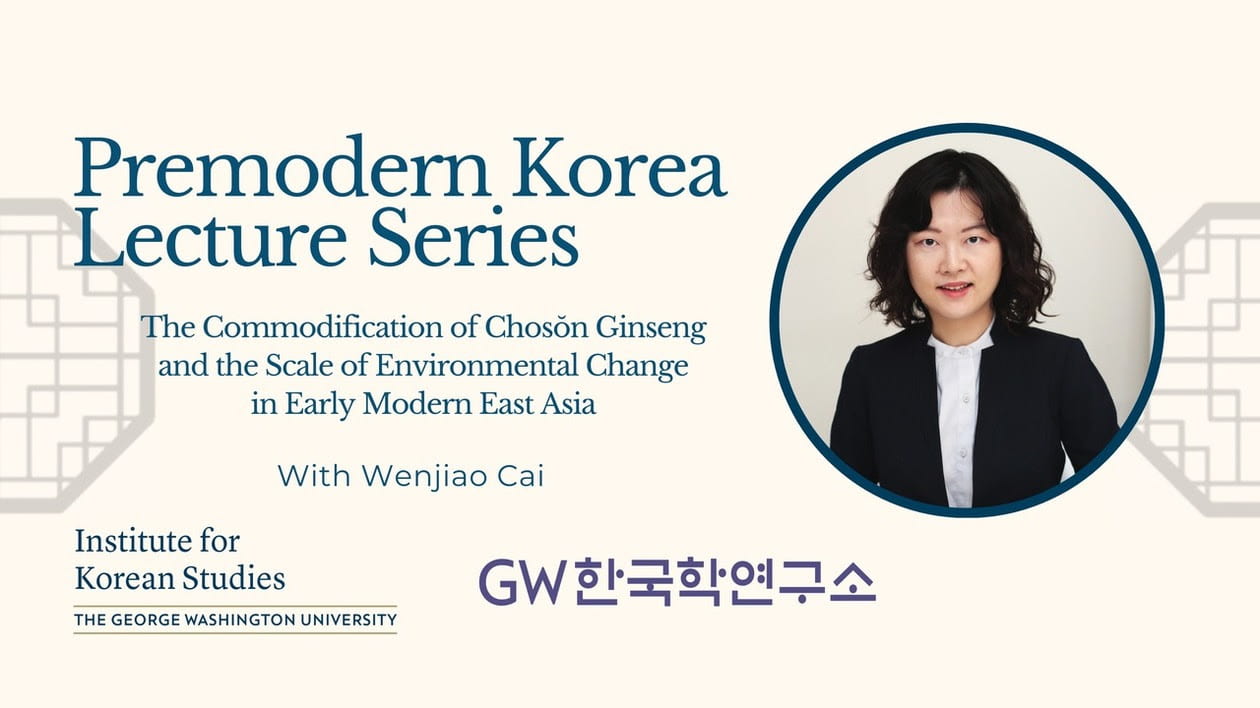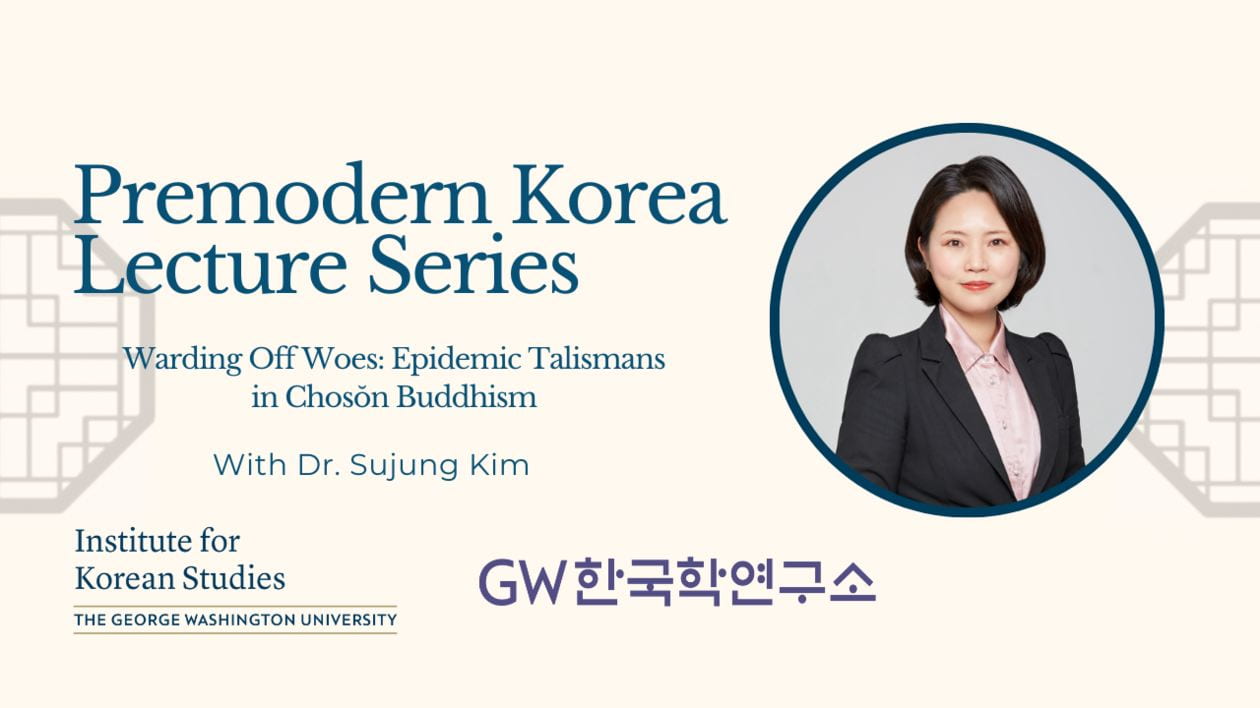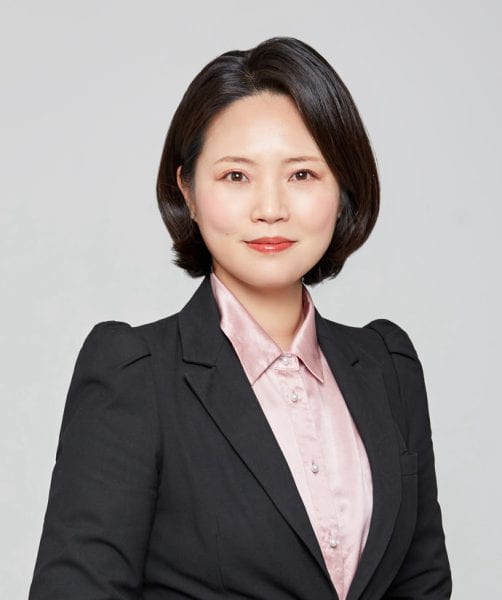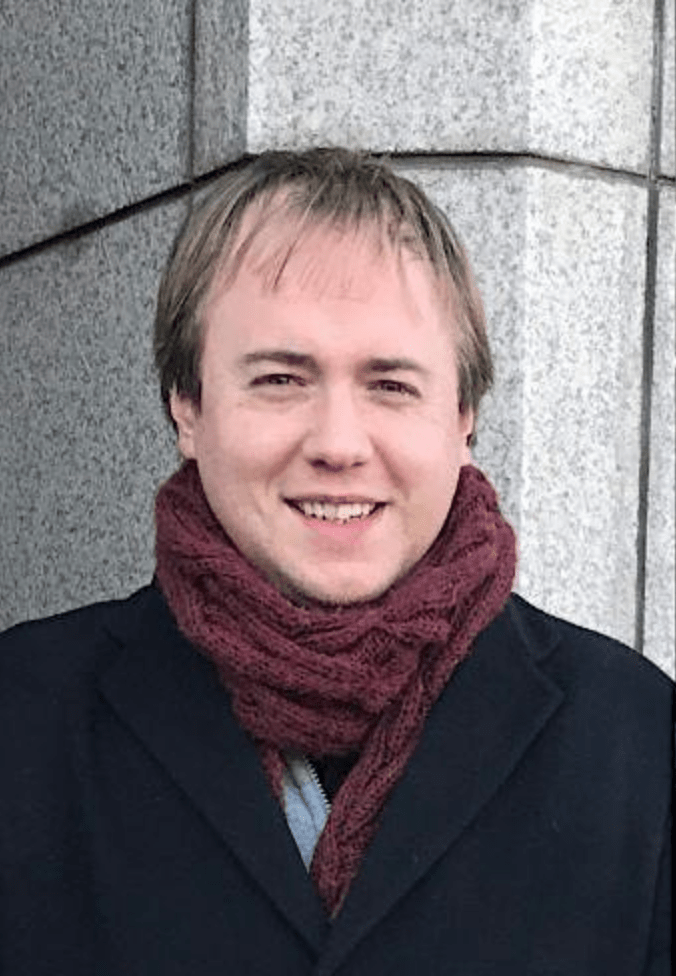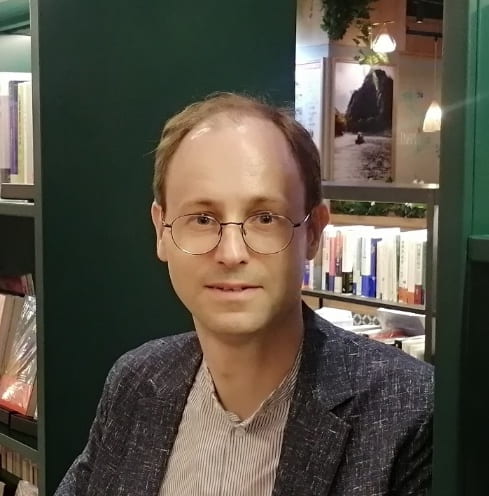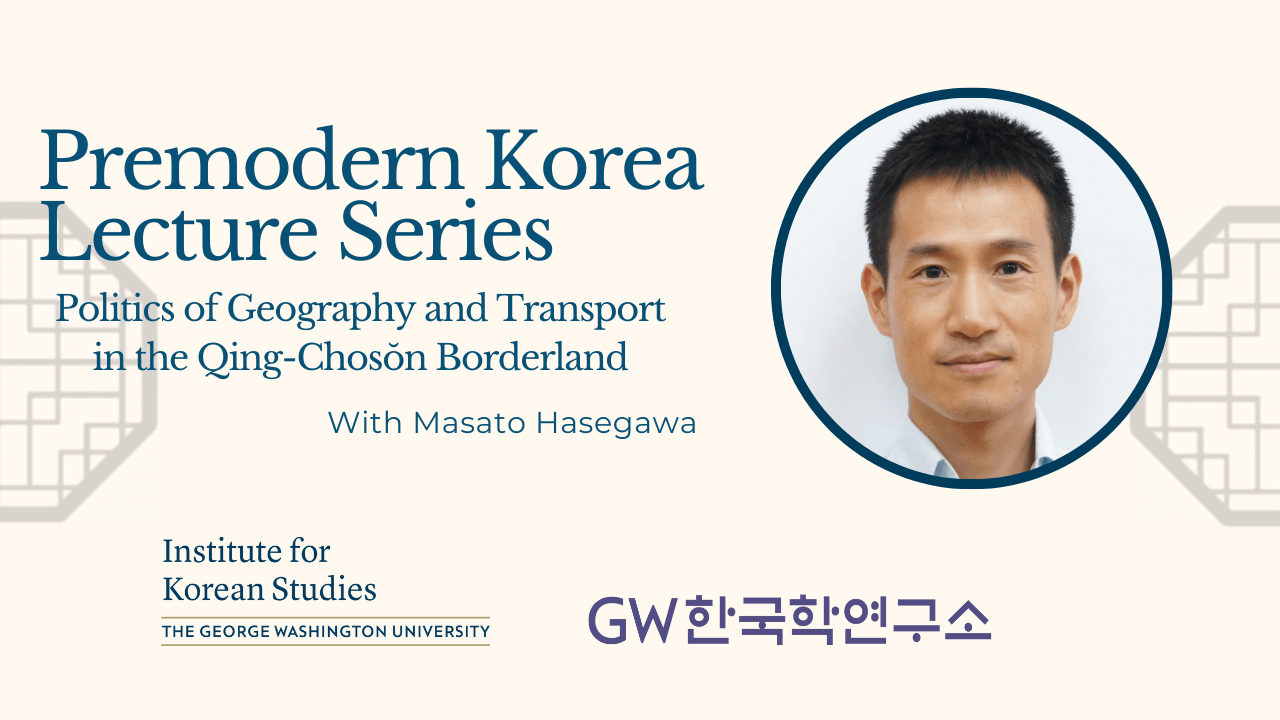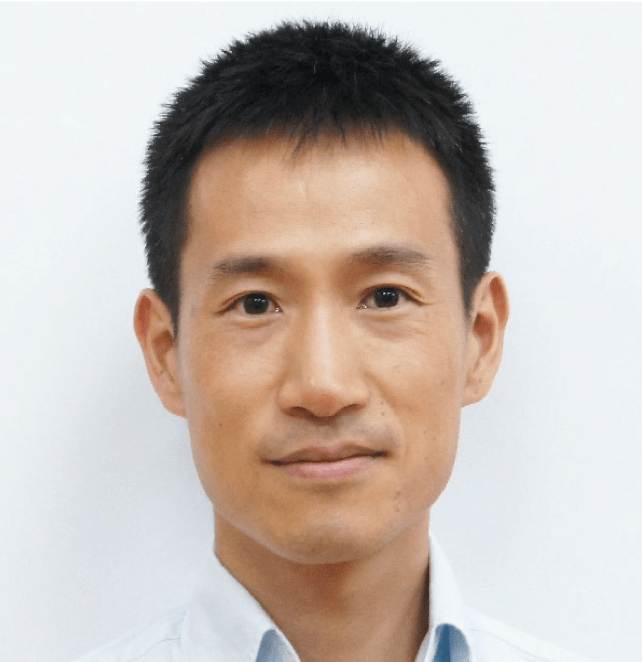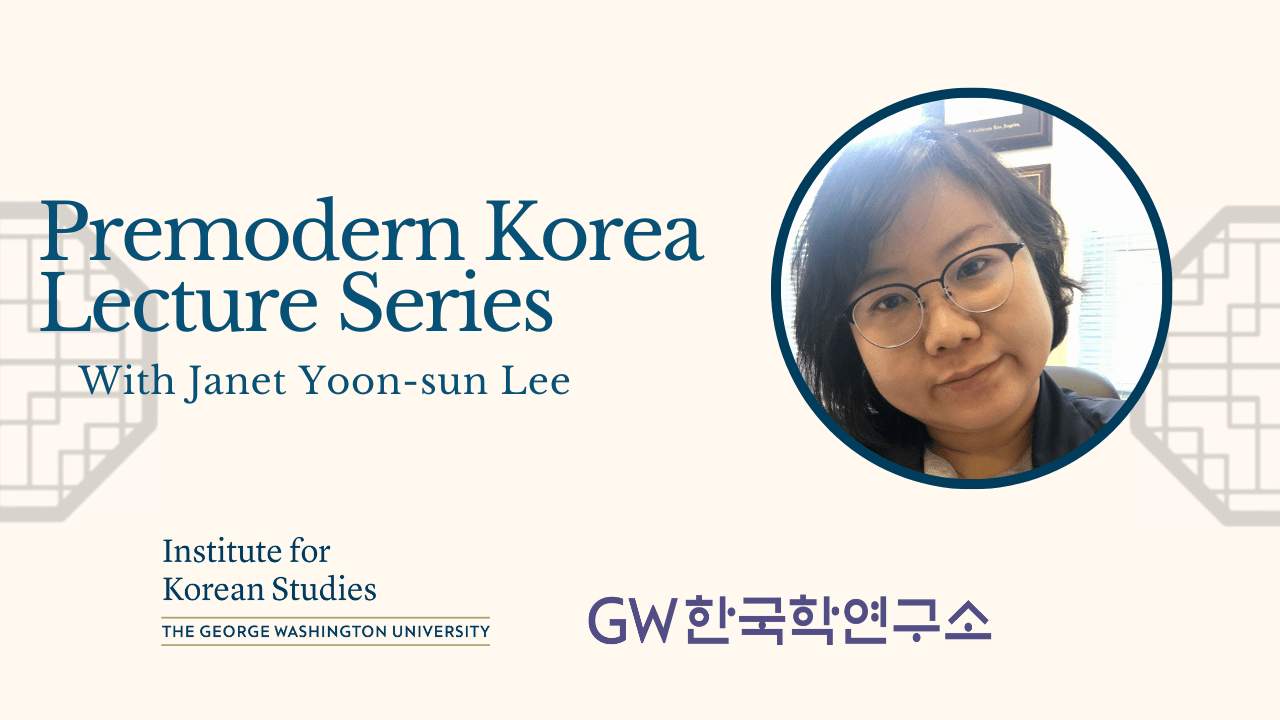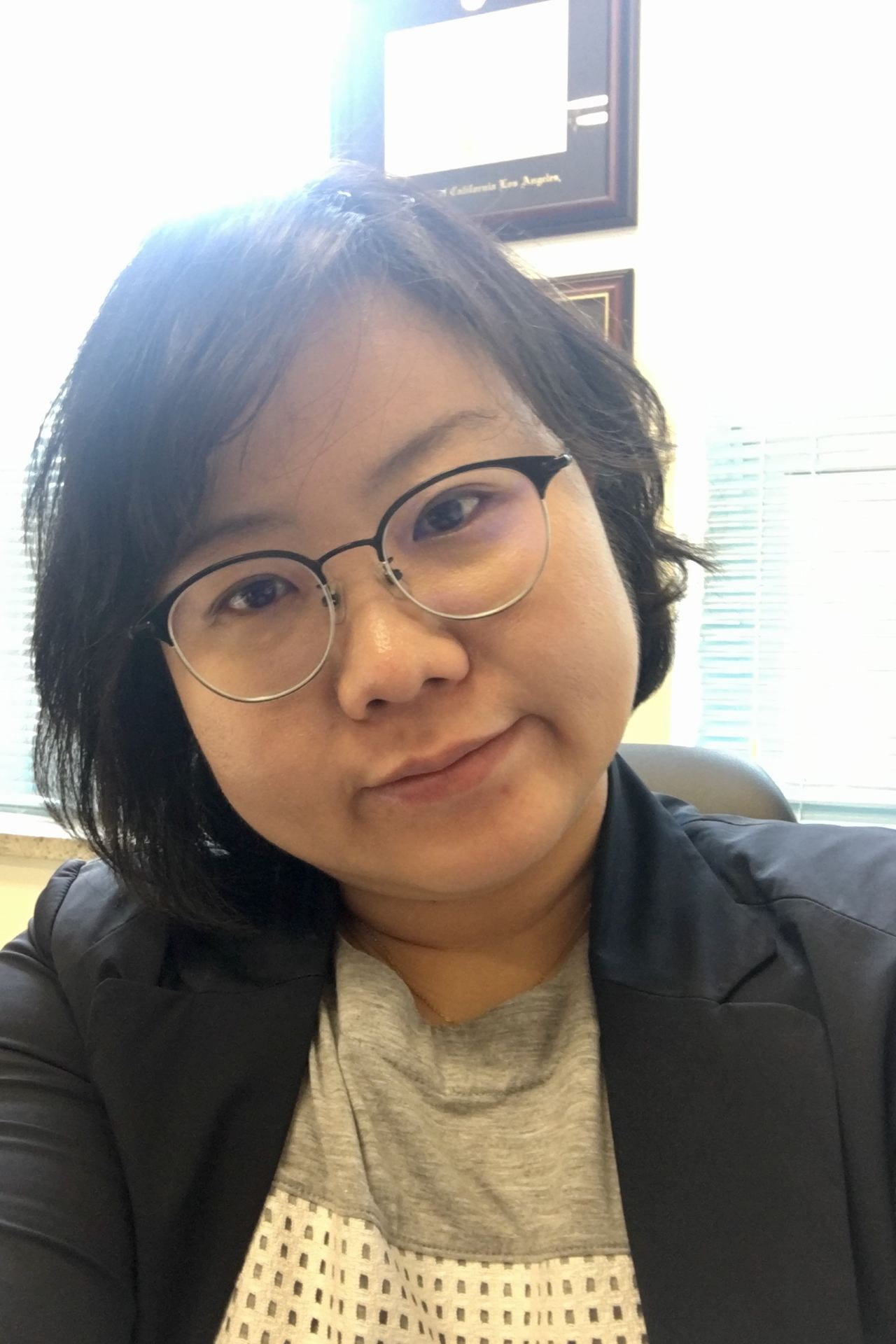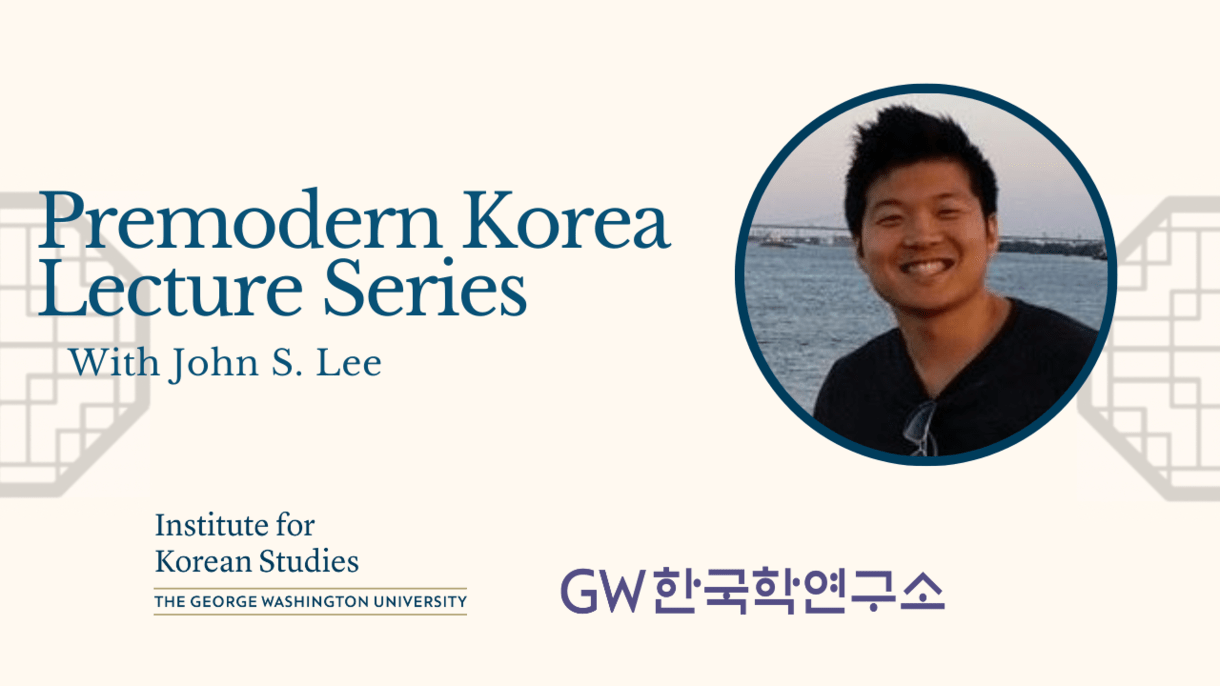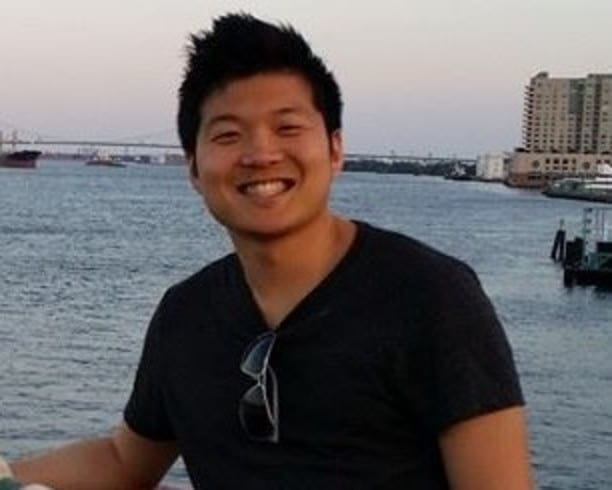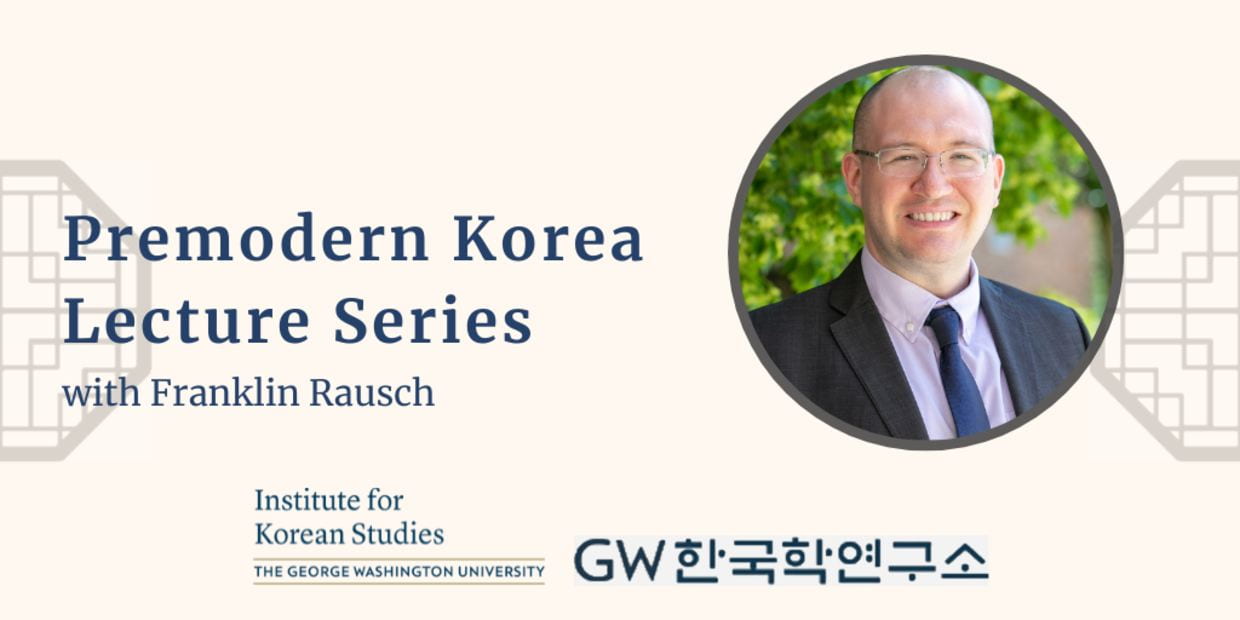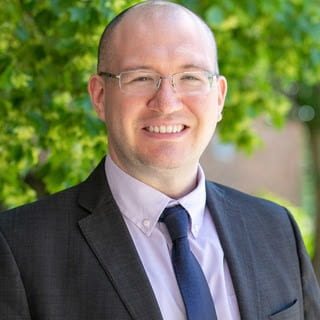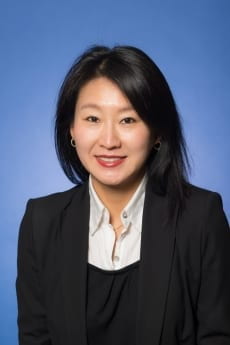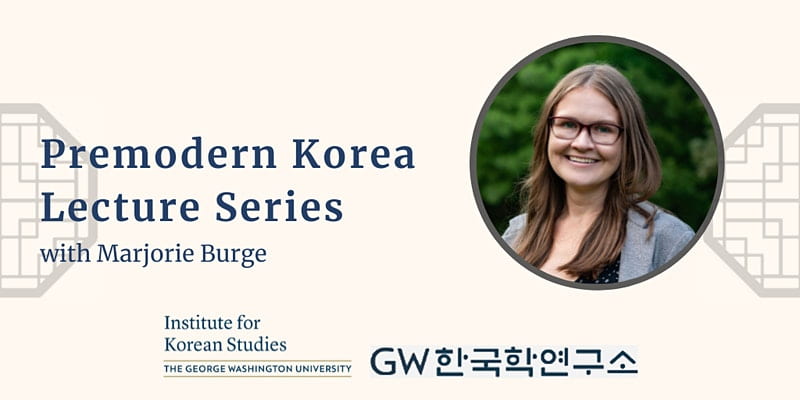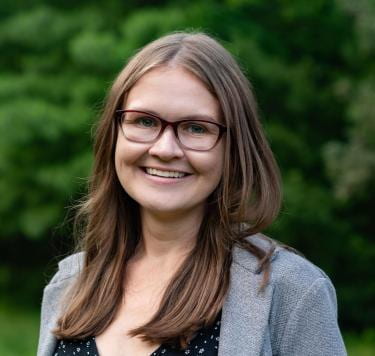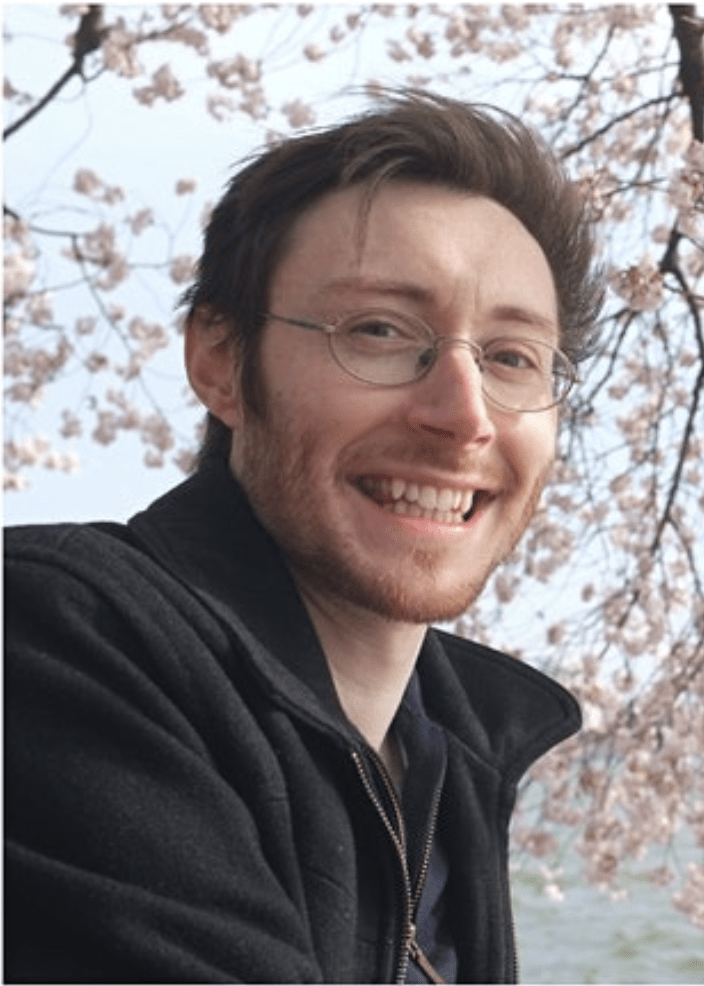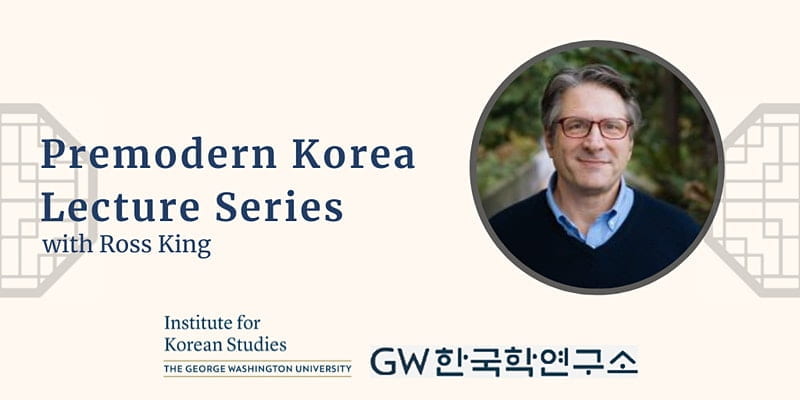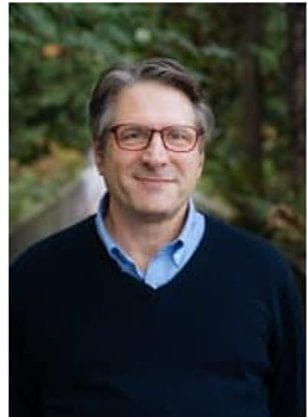“The Commodification of Chosŏn Ginseng and the Scale
of Environmental Change in Early Modern East Asia”
Wednesday, March 27, 2024
10:00 A.M – 11:30 A.M. EST
Virtual Event via Zoom
About the Event
This talk explores the ecological impacts of the seventeenth- and eighteenth-century trade of Chosŏn ginseng in East Asia. Focusing on the transformation of Kanggye—Chosŏn’s largest producer of export ginseng—it shows how cross-border commodity flows reorganized local natural and social landscapes through the systematic extraction of the root and how the resulting exhaustion of ginseng reserves prompted countermeasures ranging from regulating sales, adjusting tribute collection, and eventually, promoting cultivated varieties. By demonstrating how foreign demand for ginseng altered the environment on the Korean peninsula, the analysis illuminates the forces of ecological change that transcended national and imperial boundaries. Moreover, by elucidating the diverse practices the Chosŏn state developed to extract and conserve ginseng, it enriches scholarly understandings of natural resource management in this period, which has been predominantly studied through the institution of state forestry.
Speaker
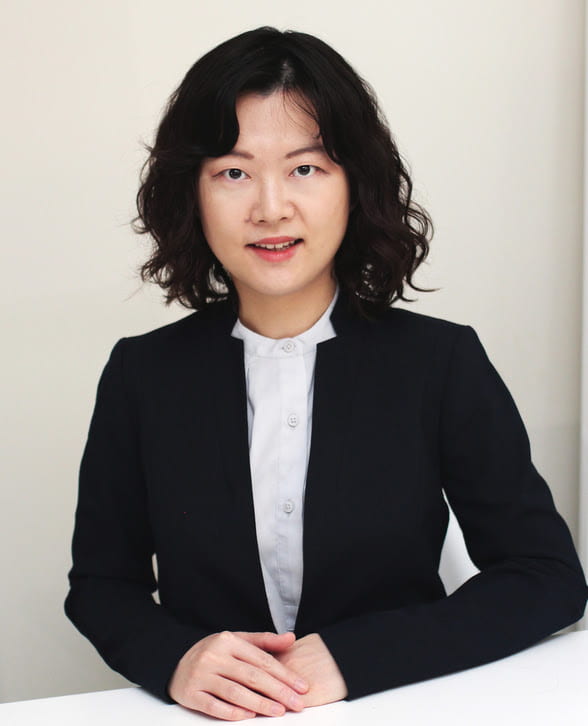
Wenjiao Cai is a historian of early modern Korea with research interests in environments, science and technology, law, and frontiers and borderlands. She is working on her first manuscript, Coping with the Cold: Nature and State on Chosŏn Korea’s Northern Frontier, which examines how human-climate relations shaped state expansion in Chosŏn’s northern provinces of P’yŏngan and Hamgyŏng. Wenjiao received her Ph.D. in History and East Asian Languages from Harvard University in 2022 and currently serves as a Moon Family Postdoctoral Fellow at the University of Pennsylvania.
Moderator
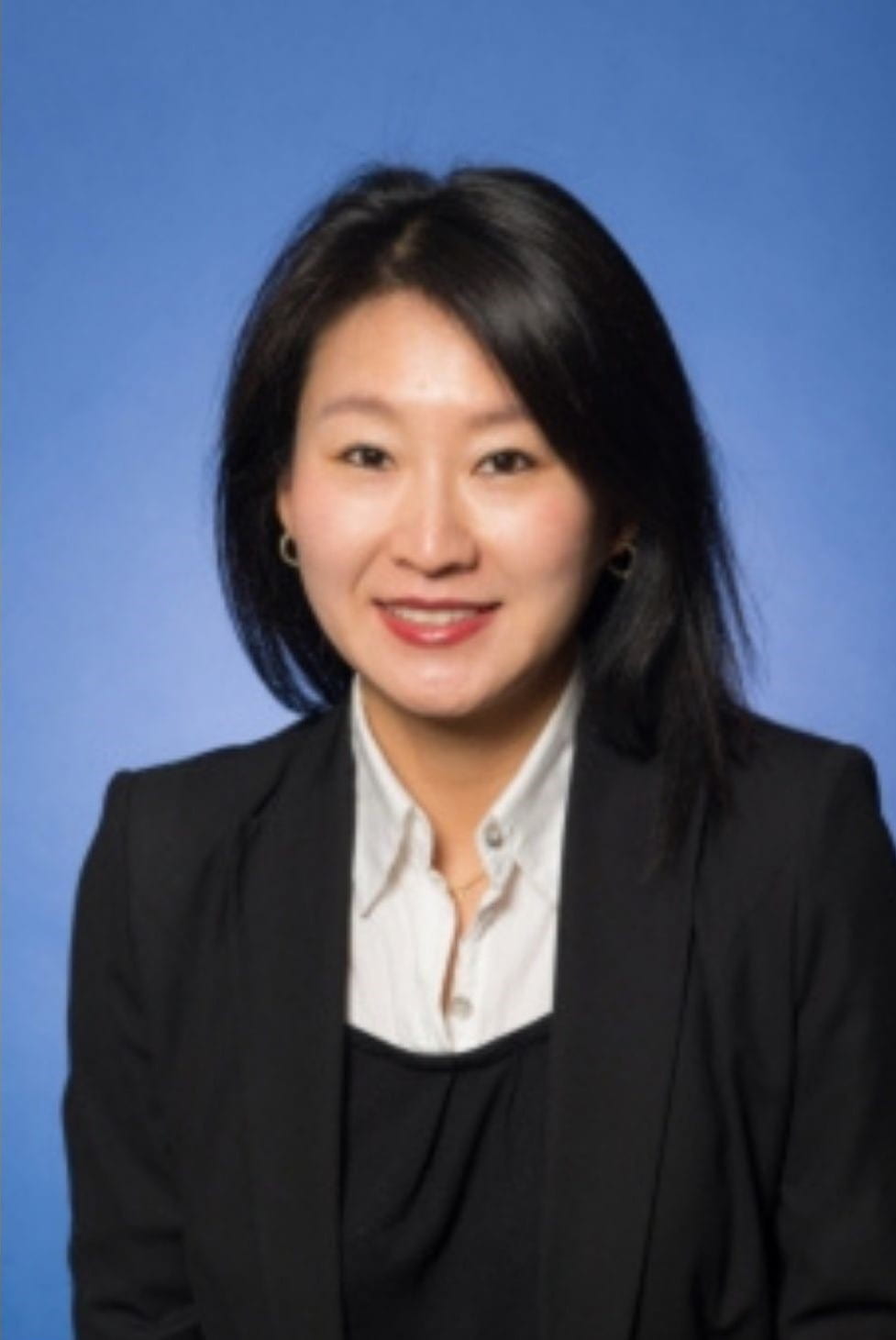
Jisoo M. Kim is Korea Foundation Associate Professor of History, International Affairs, and East Asian Languages and Literatures at George Washington University. She is Founding Director of the GW Institute for Korean Studies (2017-Present) and Founding Co-Director of the East Asia National Resource Center (2018-Present). She also serves as Editor-in-Chief of the Journal of Korean Studies. She specializes in gender, sexuality, law, emotions, and affect in Korean history. She is the author of The Emotions of Justice: Gender, Status, and Legal Performance in Chosŏn Korea (University of Washington Press, 2016), which was awarded the 2017 James Palais Prize of the Association for Asian Studies. She is also the co-editor of The Great East Asian War and the Birth of the Korean Nation by JaHyun Kim Haboush (Columbia University Press, 2016). She is currently working on a book project tentatively entitled Criminalizing Intimacy: Marriage, Concubinage, and Illicit Sex in Chosŏn Korea. She received her M.A., M.Phil., and Ph.D. in East Asian Languages and Cultures from Columbia University.
